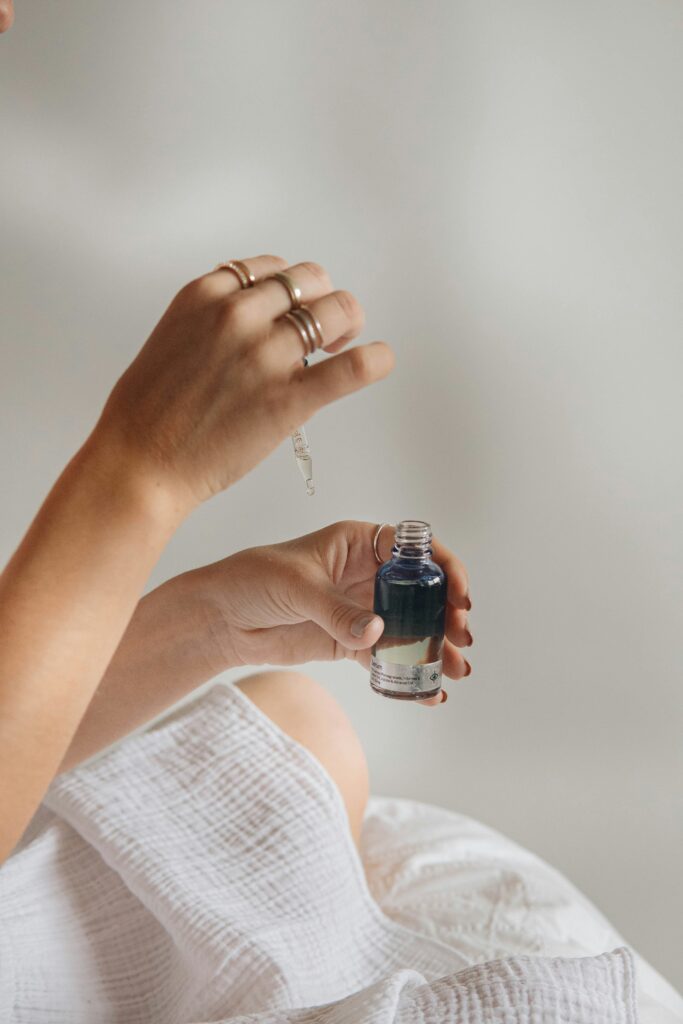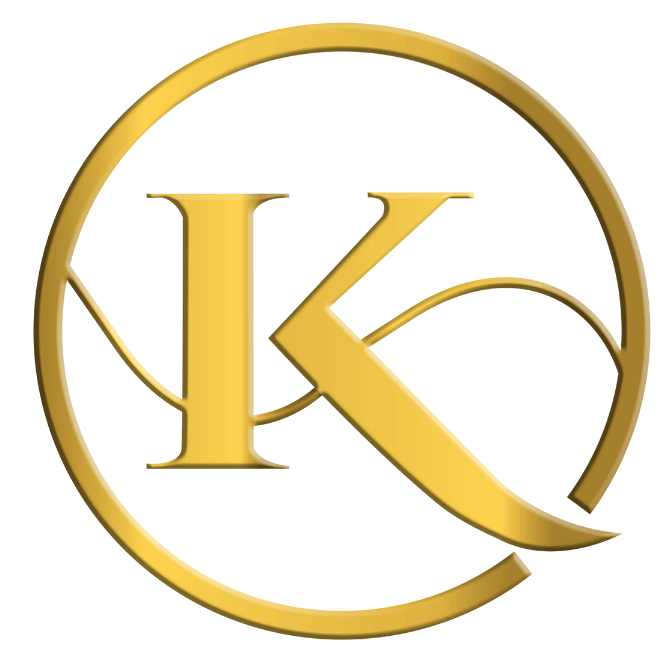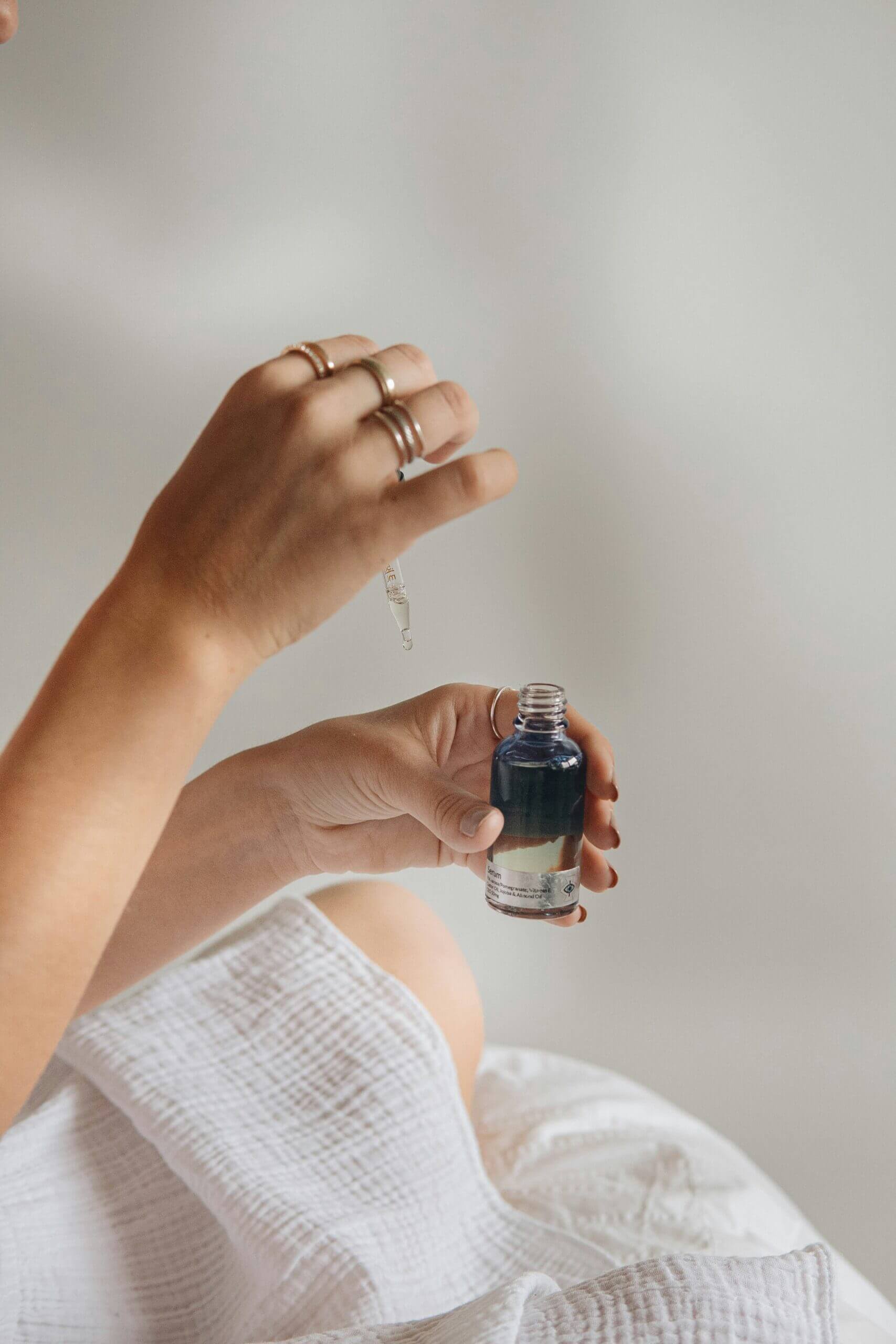If you’re struggling with acne, you’re not alone. But have you ever wondered what the most popular Korean skin treatment is for this common condition? Look no further! In this article, we’ll explore the answer to this question and give you all the information you need to achieve clearer, healthier skin. So, get ready to discover the secret behind the radiant complexions of Korean skincare enthusiasts and say goodbye to acne woes.

Korean Skin Treatment Overview
A brief introduction to Korean skin treatments
Korean skin treatments have gained immense popularity in recent years, thanks to their effective and innovative approach to skincare. These treatments emphasize natural ingredients, gentle formulations, and a holistic approach to achieve healthy, radiant skin. With a strong focus on prevention and treating the root causes of skin concerns, Korean skincare offers a wide range of options for acne treatment.
Why Korean skin treatments are popular
Korean skincare has captured the attention of people worldwide due to its undeniable results and unique approach. One of the key reasons behind its popularity is the emphasis on achieving the renowned Korean “glass skin” – a clear, smooth, and flawless complexion. Additionally, Korean skincare products are known for their affordability, accessibility, and use of cutting-edge technology. The Korean skincare industry constantly innovates, introducing new products that address a variety of skin concerns, including acne.
Causes of Acne
Understanding the factors that contribute to acne
Acne is a common skin condition characterized by the presence of pimples, blackheads, whiteheads, and sometimes cysts. It occurs when the pores become clogged with oil, dead skin cells, and bacteria. Understanding the factors that contribute to acne can help in finding effective treatment options. These factors include excess oil production, clogged pores, bacteria, inflammation, and hormonal changes.
Common causes of acne in teenagers and adults
Acne is most commonly associated with teenagers due to hormonal changes during puberty. However, it can also affect adults of all ages. In teenagers, the surge in hormones, specifically androgens, triggers the overproduction of oil, leading to clogged pores and acne formation. In adults, hormonal imbalances, stress, poor diet, certain medications, and skincare products can contribute to acne.
The impact of hormonal changes on acne
Hormonal changes play a significant role in the development of acne. Androgens, such as testosterone, stimulate the production of sebum, an oily substance that lubricates the skin. When an excess of sebum is produced, it can mix with dead skin cells and bacteria, leading to the formation of acne. Hormonal changes can occur during puberty, menstrual cycles, pregnancy, and menopause, making these periods particularly susceptible to acne flare-ups.

Korean Skin Treatment Options for Acne
Overview of various Korean skin treatment options
Korean skincare offers a wide range of treatment options specifically formulated to combat acne. These treatments aim to cleanse, exfoliate, soothe, and balance the skin, effectively targeting the root causes of acne. The most popular Korean skin treatments for acne include salicylic acid, tea tree oil, Centella Asiatica, snail mucin, propolis, and AHA/BHA treatments.
The effectiveness of Korean skincare products for acne treatment
Korean skincare products have gained a reputation for their effectiveness in treating acne. These products often contain natural ingredients and innovative formulas that address the underlying causes of acne. Key ingredients such as salicylic acid, tea tree oil, Centella Asiatica, snail mucin, and propolis have shown promising results in reducing acne, calming inflammation, and promoting skin healing.
Considerations when choosing a Korean skin treatment for acne
When selecting a Korean skin treatment for acne, it’s important to consider your skin type, specific concerns, and any known sensitivities or allergies. Some treatments may be more suitable for oily or acne-prone skin, while others are gentle enough for sensitive or dry skin. Additionally, it’s crucial to follow a consistent skincare routine and give each treatment enough time to show results. Consulting with a dermatologist can provide personalized advice and guidance.
1. Salicylic Acid Treatment
Explanation of how salicylic acid works on acne
Salicylic acid is a beta hydroxy acid (BHA) that effectively treats acne by exfoliating the skin and unclogging pores. It works by penetrating the follicles and dissolving the debris that causes acne, resulting in a clearer complexion. Salicylic acid also has anti-inflammatory properties, reducing redness and swelling associated with acne breakouts.
Benefits and potential side effects of salicylic acid treatment
Salicylic acid treatment offers several benefits for acne-prone skin. It effectively removes excess oil, exfoliates dead skin cells, and unclogs pores, preventing the formation of acne. Regular use of salicylic acid can also help fade acne scars and improve overall skin texture. However, it’s important to note that salicylic acid can cause dryness, irritation, and increased sensitivity to the sun. It’s essential to follow product instructions and take precautions to minimize potential side effects.

2. Tea Tree Oil Treatment
How tea tree oil helps in reducing acne
Tea tree oil is a natural ingredient that possesses antibacterial and anti-inflammatory properties, making it effective in fighting acne-causing bacteria and reducing inflammation. It penetrates the skin and helps to unclog pores, preventing the formation of new acne breakouts. Tea tree oil also soothes irritated skin, reducing redness and promoting faster healing.
Tips for using tea tree oil as a skin treatment
When using tea tree oil as a skin treatment, it’s important to dilute it with a carrier oil or water to avoid skin irritation. A ratio of 5-10% tea tree oil to 90-95% carrier oil is generally recommended. Applying a small amount of diluted tea tree oil to the affected areas using a cotton swab or clean fingertips can help target acne effectively. It’s also advisable to perform a patch test before using tea tree oil on the entire face to ensure there are no adverse reactions.
Precautions and potential risks of tea tree oil treatment
While tea tree oil can be an effective acne treatment, it may cause skin irritation or allergic reactions, especially in those with sensitive skin. It’s important to avoid applying undiluted tea tree oil directly to the skin and to discontinue use if any adverse reactions occur. Additionally, tea tree oil should not be ingested as it can be toxic. If considering tea tree oil treatment, it’s best to consult with a dermatologist for personalized recommendations.
3. Centella Asiatica Treatment
The benefits of Centella Asiatica in acne treatment
Centella Asiatica, also known as “Cica,” has gained recognition for its healing and soothing properties in acne treatment. It helps to reduce inflammation, promote wound healing, and prevent scarring. Centella Asiatica also strengthens the skin barrier, making it more resilient to environmental stressors and reducing the likelihood of future breakouts.
Different forms of Centella Asiatica skincare products
Centella Asiatica is commonly found in different skincare products, including cleansers, serums, creams, and spot treatments. These products can be incorporated into a daily skincare routine to target acne, calm inflammation, and promote overall skin health. It’s important to choose products that suit your skin type and concerns, and to patch test new products to ensure compatibility.
Potential skin reactions and considerations when using Centella Asiatica
While Centella Asiatica is generally well-tolerated by most skin types, there is a possibility of rare allergic reactions or sensitivities. It’s advisable to start by introducing Centella Asiatica products gradually into your skincare routine to monitor how your skin responds. If any irritation, redness, or itching occurs, it’s best to discontinue use and consult a dermatologist.
4. Snail Mucin Treatment
How snail mucin aids in healing acne-prone skin
Snail mucin is a unique ingredient that has become popular in Korean skincare due to its moisturizing and healing properties. It contains antioxidants, hyaluronic acid, and proteins that help boost skin hydration, promote skin regeneration, and fade acne scars. Snail mucin also has antimicrobial properties, reducing the growth of bacteria and preventing new acne breakouts.
Recommended snail mucin products and their benefits
Snail mucin is commonly found in serums, essences, and moisturizers. These products can be used as part of a daily skincare routine to enhance skin hydration, reduce inflammation, and improve the overall texture of acne-prone skin. Some popular snail mucin products include COSRX Advanced Snail 96 Mucin Power Essence, Mizon All In One Snail Repair Cream, and Benton Snail Bee High Content Essence.
5. Propolis Treatment
Benefits of propolis for acne-prone skin
Propolis is a resin-like substance collected by bees and used in their hives for its antimicrobial and anti-inflammatory properties. In skincare, propolis helps to reduce bacteria on the skin’s surface, calm inflammation, and promote skin healing. It also has antioxidants that protect against free radicals, helping to prevent further damage to acne-prone skin.
Different types of propolis skincare products
Propolis can be found in various skincare products, including toners, serums, masks, and creams. These products are designed to provide intensive hydration, soothe irritated skin, and reduce acne blemishes. When choosing propolis skincare products, it’s important to consider the concentration and purity of propolis to ensure optimal effectiveness.
Tips for incorporating propolis into your skincare routine
To incorporate propolis into your skincare routine, start by cleansing the skin and applying a toner to prepare it for subsequent product absorption. Next, apply a propolis serum or essence, gently patting it into the skin until fully absorbed. Follow up with a moisturizer to seal in the benefits of propolis. It’s recommended to use propolis in combination with other acne-fighting ingredients for a comprehensive approach.
6. AHA and BHA Treatment
Explanation of AHA (Alpha Hydroxy Acid) and BHA (Beta Hydroxy Acid)
AHA (Alpha Hydroxy Acid) and BHA (Beta Hydroxy Acid) are chemical exfoliants commonly found in Korean skincare products. AHA gently exfoliates the surface of the skin, removing dead skin cells, while BHA can penetrate the pores and exfoliate from within, targeting clogged pores and reducing acne breakouts.
How AHA and BHA treatments help in reducing acne
AHA and BHA treatments effectively address acne by removing dead skin cells, unclogging pores, and promoting cell turnover. AHA exfoliates the skin’s surface, reducing the appearance of acne scars and hyperpigmentation. BHA, on the other hand, can penetrate the pores and dissolve excess oil and debris, preventing the formation of acne. Both AHA and BHA treatments also promote smoother and brighter skin.
Precautions and recommended usage of AHA and BHA products
While AHA and BHA treatments offer numerous benefits for acne-prone skin, it’s important to use them with caution. These chemical exfoliants can increase skin sensitivity to the sun, so it’s crucial to apply sunscreen daily and limit sun exposure. It’s also essential to start with lower concentrations and gradually increase usage frequency to allow the skin to adjust. If any irritation occurs, it’s best to reduce usage or consult with a dermatologist.
Conclusion
Summarizing the most popular Korean skin treatment options for acne
Korean skincare offers a diverse range of effective treatments for acne, focusing on natural ingredients and innovative formulations. From salicylic acid and tea tree oil to Centella Asiatica, snail mucin, propolis, and AHA/BHA treatments, there are various options to suit different skin types and concerns. It’s important to choose treatments based on individual needs, consult a dermatologist for personalized advice, and maintain a consistent skincare routine to achieve optimal results.
Importance of consulting a dermatologist for personalized advice
While Korean skin treatments for acne have proven to be effective and safe for many individuals, it’s important to recognize that everyone’s skin is unique. Consulting with a dermatologist can provide personalized advice, taking into account specific skin concerns, sensitivities, and medical history. A dermatologist can guide you in choosing the most suitable Korean skin treatments and help monitor your progress for optimal skincare results.

